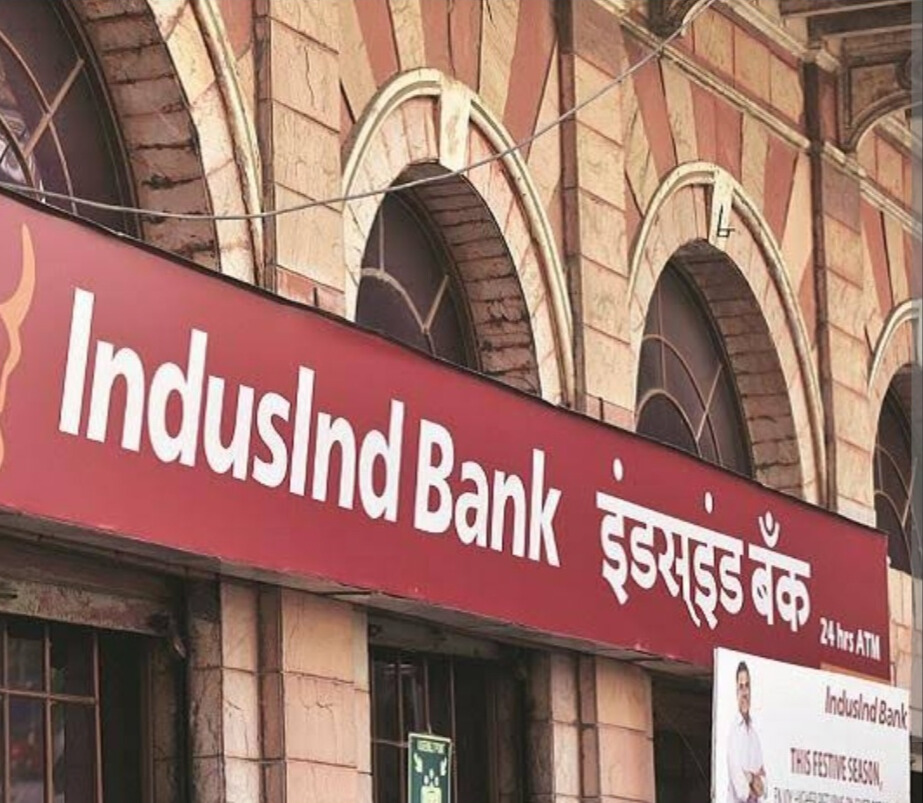IndusInd Bank announces successful execution of RBI’s programmable CBDC pilot
For this pilot, IndusInd Bank collaborated with the Circularity Innovation Hub (CIH).

IndusInd Bank has announced the successful execution of RBI’s programmable CBDC pilot, being the first Bank. This pilot project is executed in collaboration with Circularity Innovation Hub India Private Limited (CIH), as an alternate form of CBDC wherein the Bank can program the end use of funds, being disbursed to farmers in place of the generation of carbon credits.
As a part of this pilot, IndusInd Bank initiated the programmable CBDC disbursement to 50 farmers in Ratnagiri district of Maharashtra and will cover around 1000 farmers going ahead, marking a significant milestone in the adoption of innovative financial solutions for the agriculture sector.
Join PSU Connect on WhatsApp now for quick updates! Whatsapp Channel
Read Also : Dredging Corporation of India Signs MoUs with 16 organisationsThis project involves IndusInd Bank crafting digital wallets and managing CBDC transfers, alongside partners including CIH, which is a Sponsor Agency for this project and a climate-tech company building circular economy business models around all-things-waste not only to recycle it but also repurpose it as energy or bi-product, thus generating the first-of-its-kind Circularity Credits.
Additionally, Hindustan Agro & Jackfruit King Company spearheaded farmer engagement, linking sustainable practices to additional revenue streams, while Emertech Innovations developed a Blockchain-backed platform to provide end-to-end traceability and transparency in the generation of revenues from Circularity Credits and its traceable disbursement. This collaborative effort aims to promote Circularity Credits by recycling agricultural waste. CIH, IndusInd Bank, and partners aim to scale the pilot into a nationwide initiative benefiting farmers.
Read Also : Shri Nripendra Nath, assumed charge as Director (Technical), CMPDIThis initiative is a beacon of positive impact towards climate change and social impact through digital innovation in agriculture, setting a benchmark for sustainable development and economic empowerment. Through strategic partnerships and a shared vision, this project underscores the potential of technology to foster a more sustainable and inclusive future.
Furthermore, Phase 2 of the project will focus on Safai Karmacharis, aiming to increase their income by leveraging revenues generated from the collection, recycling, and repurposing of plastic waste. Additionally, the CIH's 'Planet and People Platform' will play a crucial role in providing end-to-end traceability on the revenues generated from Circularity Credits, ensuring transparency in beneficiary disbursements.
Read Also : IIM Jammu hosts Bengaluru Roundtable Conference